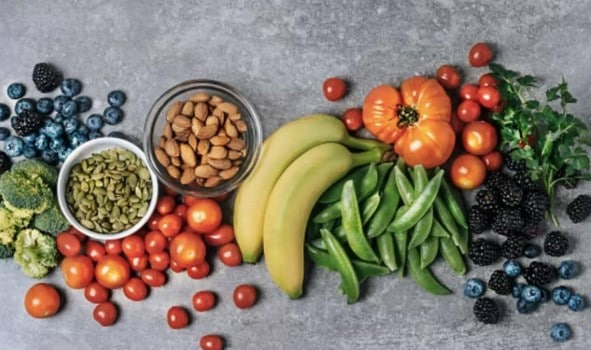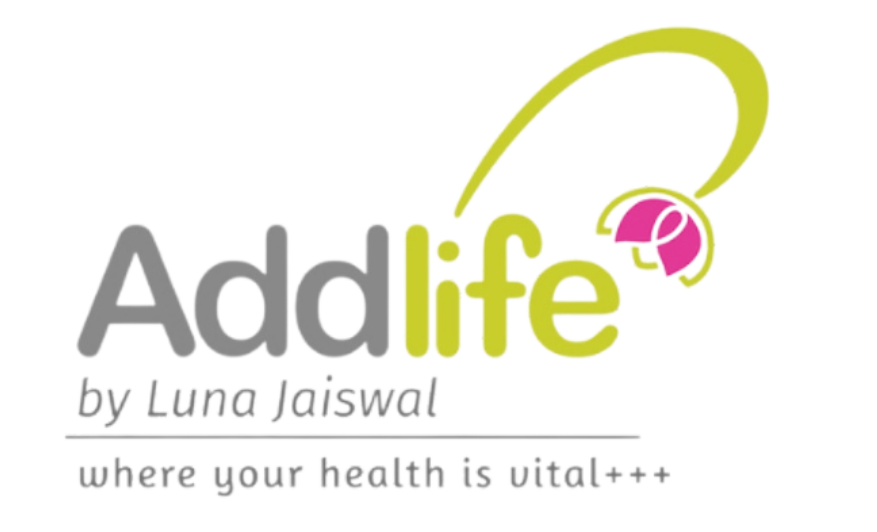
What is a balanced diet? Is it a specific ratio of protein, carbohydrates and other nutrients in a diet?
Yes, it is. But this statement is not quite right. A balanced diet is not a determined ratio of nutrients but an adequate ratio of nutrients that depends from person to person. It varies according to season, region and body’s needs and health conditions. A balanced diet may even vary on a daily or weekly basis.
If this is the case, then how does anyone make sure that they are eating a balanced diet?
Well, this is where nutritionists step in. They assess your health conditions and help design a perfect meal plan for you. But, even without a nutritionist/dietician in India, you can follow some fundamental principles and ensure that your body is getting all the essential nutrients.
Let’s have a look at these nutrition hacks.
Healthy Eating Hacks To Maintain a Balanced Diet
- Use chutneys, dips and pickles to make your food more palatable and acceptable. When food looks appetizing, enzymes develop better in your body and your food digests easily, automatically leading to the better absorption of all the nutrients.
- Make your meal more nutritious by following the water principle. Do not drink water before, in-between or after taking the meals. If you feel thirsty, drink buttermilk. It is not only one of the best drinks for digestion but also an excellent alternative to water.
- Knead your dough with vegetables like grated lauki, malai or chenna water. It will make your chapatis more nutritious and delicious.
- Prefer fresh Chakki Atta over Roller Mill Atta. The process of rolling tends to kill the nutrients of the flour.
- Use good fats in your diet like cold-pressed oils, butter and A2 cow ghee. Add them to your chapatis, dal, toasts etc. Also, always try to maintain a good balance of Omega 6 and Omega 3 in your fats. Both are essential for your body, but consumption of only Omega 6 can cause inflammation. Some other good fats for your body include coconut oil, sesame seeds, flax seeds and nuts like walnuts, almonds, etc.
- While cooking lentils and curries, use vegetable stock or chenna water. They are rich in nutrients and help make your pulses even healthier.
- Never eat fruits with meals. When you eat fruits with your lunch or dinner, they stay in the stomach for as long as the heaviest food gets digested, making it difficult for your body to absorb all the nutrients. Hence, always eat fruits separately.
- Cut down on processed and refined foods, like packet milk, Roller Mill Atta, breakfast cereals, processed meat and poultry, etc.
- Eat carbs and protein together to enhance the quality of protein. For example, do not eat Dal or chicken alone; eat them with some rice or roti. One of the best examples of this combination is our age-old comfort food, Khichdi.

